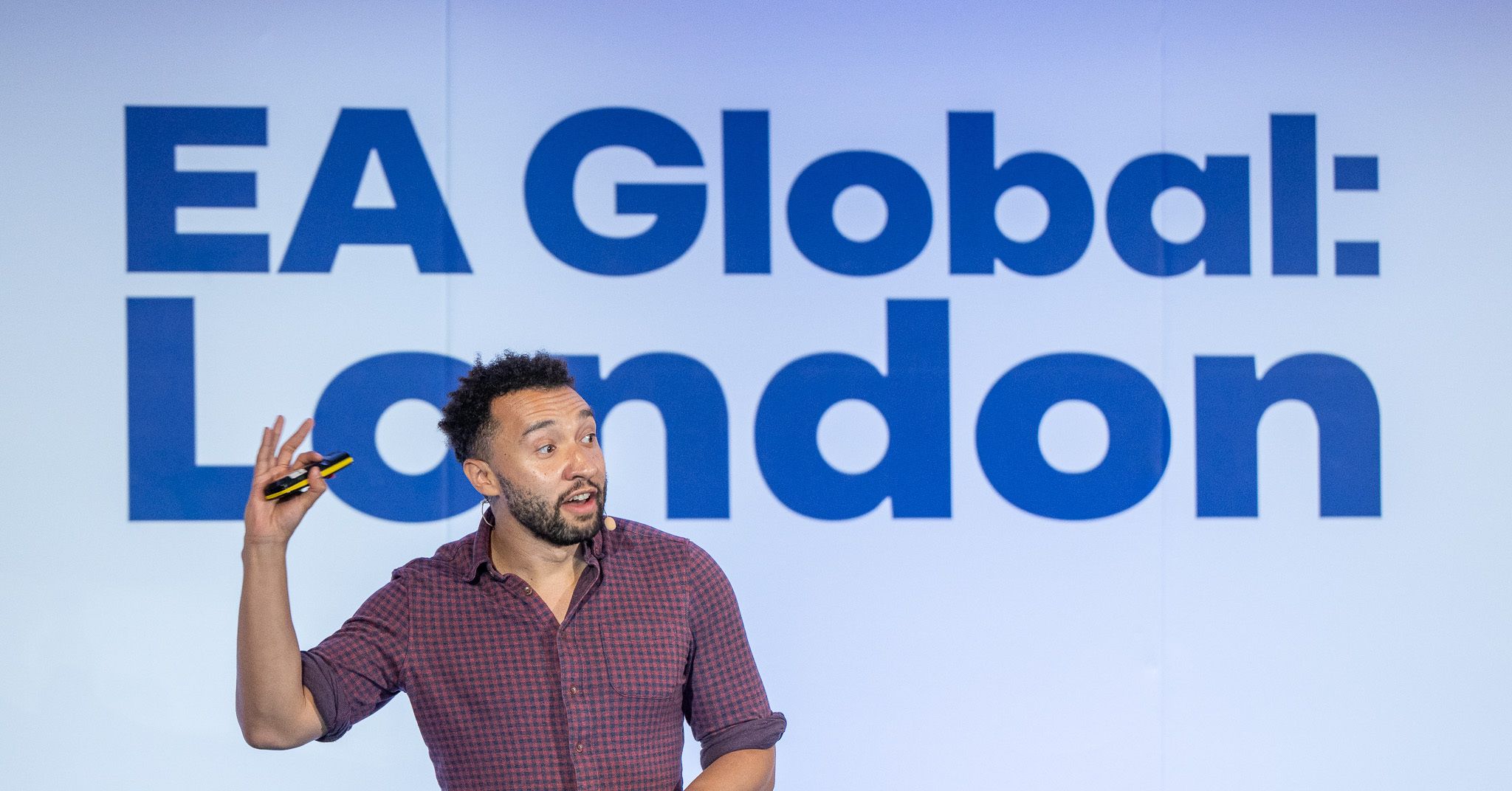Introduction
I used a recent Ask-Me-Anything (AMA) of Rethink Priorities to ask a series of questions about research in general (not limited to Rethink Priorities).
I’m posting these here severally to make them more visible. I’m not personally looking for more answers at this point, but if you think that readers would benefit from another perspective, I’d be delighted if you could add it.
Question
If you want to research a particular topic, how do you balance reading the relevant literature against thinking yourself and recording your thoughts? I’ve heard second-hand that Hilary Greaves recommends thinking first so to be unanchored by the existing literature and the existing approaches to the problem. Another benefit may be that you start out reading the literature with a clearer mental model of the problem, which might make it easier to stay motivated and to remain critical/vigilant while reading. (See this theory of mine.) Would you agree or do you have a different approach?
Jason Schukraft
I think it depends on the context. Sometimes it makes sense to lean toward thinking more and sometimes it makes sense to lean toward reading more. (I wouldn’t advise focusing exclusively on one or the other.) Unjustified anchoring is certainly a worry, but I think reinventing the wheel is also a worry. One could waste two weeks groping toward a solution to a problem that could have been solved in afternoon just by reading the right review article.
David Bernard
Another benefit of thinking before reading is that it can help you develop your research skills. Noticing some phenomena and then developing a model to explain it is a super valuable exercise. If it turns out you reproduce something that someone else has already done and published, then great, you’ve gotten experience solving some problem and you’ve shown that you can think through it at least as well as some expert in the field. If it turns out that you have produced something novel then it’s time to see how it compares to existing results in the literature and get feedback on how useful it is.
This said, I think this is more true for theoretical work than applied work, e.g. the value of doing this in philosophy > in theoretical economics > in applied economics. A fair amount of EA-relevant research is summarising and synthesising what the academic literature on some topic finds and it seems pretty difficult to do that by just thinking to yourself!
Michael Aird
I don’t think I really have explicit policies regarding balancing reading against thinking myself and recording my thoughts. Maybe I should.
I’m somewhat inclined to think that, on the margin and on average (so not in every case), EA would benefit from a bit more reading of relevant literatures (or talking to more experienced people in an area, watching of relevant lectures, etc.), even at the expense of having a bit less time for coming up with novel ideas.
I feel like EA might have a bit too much a tendency towards “think really hard by oneself for a while, then kind-of reinvent the wheel but using new terms for it.” It might be that, often, people could get to similar ideas faster and in a way that connects to existing work better (making it easier for others to find, build on, etc.) by doing some extra reading first.
Note that this is not me suggesting EAs should increase how much they defer to experts/others/existing work. Instead, I’m tentatively suggesting spending more time learning what experts/others/existing work has to say, which could be followed by agreeing, disagreeing, critiquing, building on, proposing alternatives, striking out in a totally different direction, etc.
(On this general topic, I liked the post The Neglected Virtue of Scholarship.)
Less important personal ramble:
I often feel like I might be spending more time reading up-front than is worthwhile, as a way of procrastinating, or maybe out of a sort-of perfectionism (the more I read, the lower the chance that, once I start writing, what I write is mistaken or redundant). And I sort-of scold myself for that.
But then I’ve repeatedly heard people remark that I have an unusually large amount of output. (I sort-of felt like the opposite was true, until people told me this, which is weird since it’s such an easily checkable thing!) And I’ve also got some feedback that suggested I should move more in the direction of depth and expertise, even at the cost of breadth and quantity of output.
So maybe that feeling that I’m spending too much time reading up-front is just mistaken. And as mentioned, that feeling seems to conflict with what I’d (tentatively) tend to advise others, which should probably make me more suspicious of the feeling. (This reminds me of asking “Is this how I’d treat a friend?” in response to negative self-talk [source with related ideas].)
Alex Lintz
I’ve been playing around with spending 15–60 min. sketching out a quick model of what I think of something before starting in on the literature (by no means a consistent thing I do though). I find it can be quite nice and help me ask the right questions early on.
(If one of the answers is yours, you can post it below, and I’ll delete it here.)




Thank you! Also for the answer on the first question! (And thanks for encouraging me to go for this format.)